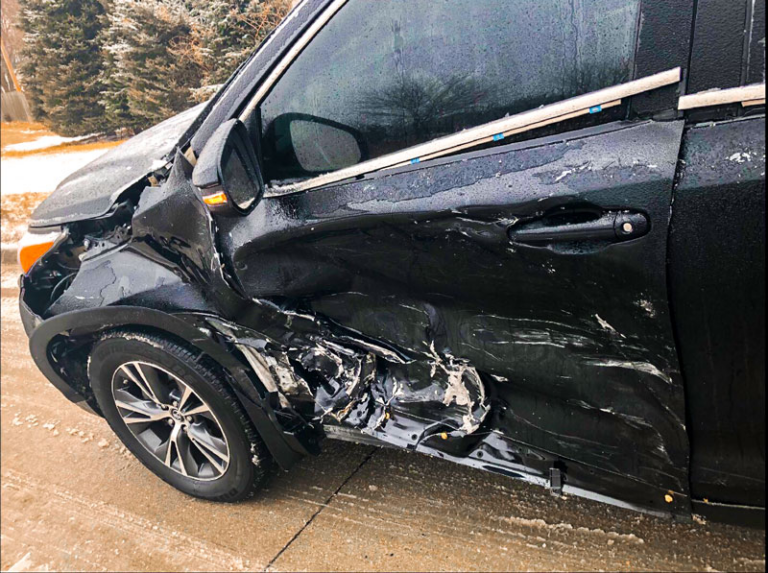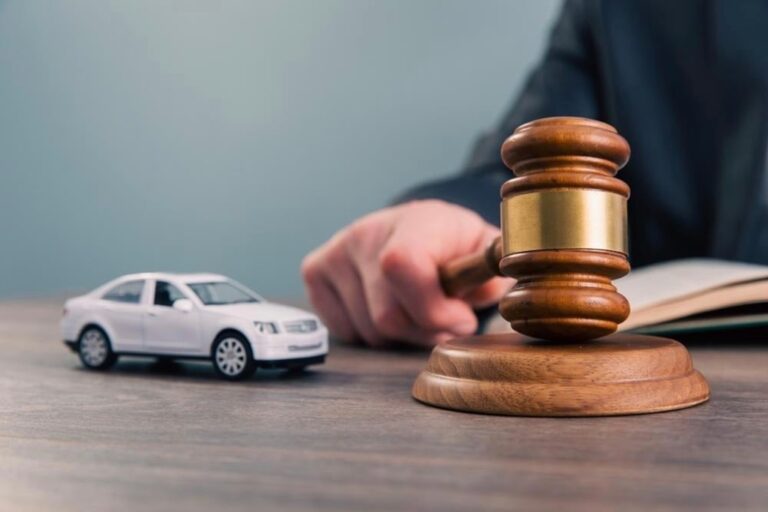How to Protect Yourself If Someone Else Crashes Your Car in Georgia

Lending your car to a friend, family member, or coworker may seem harmless—until they get into an accident. In Georgia, the question of who’s responsible when someone else crashes your car depends on several legal and insurance factors. This guide explains how to protect yourself and your financial interests if your vehicle is involved in a collision while someone else is behind the wheel.

Step 1: Determine Who Was Driving and Why
1. Permissive Use vs. Non-Permissive Use
- Permissive Use: If you gave the driver permission to use your car, your insurance will likely cover the damages.
- Non-Permissive Use: If someone took your car without your consent, you may not be held liable—and you should report it immediately.
2. Was the Driver Excluded from Your Policy?
- If the driver is listed as excluded on your policy, your insurer may deny the claim.
3. Was the Vehicle Used for Business or Rideshare?
- Standard personal policies often don’t cover business or rideshare use unless specifically added.

Step 2: Notify the Authorities and Your Insurance Provider
1. File a Police Report
- Always ensure the accident is reported to law enforcement. A police report is vital for claims and proving fault.
2. Notify Your Insurance Company
- Let your insurer know someone else was driving and provide the details of the accident.
- Be truthful but avoid admitting fault until the full investigation is complete.

Step 3: Understand How Insurance Coverage Applies
1. Primary vs. Secondary Coverage
- Your insurance is usually primary. If coverage limits are exceeded, the driver’s insurance may serve as secondary.
2. Liability Insurance
- Covers damage the driver caused to others.
3. Collision Coverage
- Pays for damage to your vehicle, regardless of who was at fault, if you carry this optional coverage.
4. Uninsured Motorist (UM) Coverage
- Protects your vehicle and passengers if the at-fault party has no insurance.

Step 4: Protect Yourself from Legal and Financial Risk
1. Don’t Assume You’re Automatically Covered
- Policies vary. Some may limit who is covered under your insurance.
2. Check for Vehicle Use Restrictions
- Business use, criminal activity, or reckless driving by the borrower could void coverage.
3. Consider the Driver’s Insurance
- If they have their own policy, it may provide additional coverage.
4. File a Civil Claim If Necessary
- If the borrower was not permitted to use your vehicle or acted negligently, you may have grounds to sue for damages.

Step 5: Consult with car wreck cowboys
We can help if:
- Your insurance company is denying coverage or offering low compensation.
- You are being blamed for the accident even though you weren’t driving.
- The driver was using your vehicle without permission or recklessly.
Final Thoughts
Letting someone borrow your car carries risk—but knowing your rights and responsibilities can help you minimize legal exposure. Always make sure your insurance policy is clear about who can drive your vehicle, and take immediate steps if an accident occurs.
Need Help?
If someone else crashed your vehicle and you’re unsure what to do next, Car Wreck Cowboys is here to help. Contact us today for a free consultation, and let us protect your rights and your ride.






